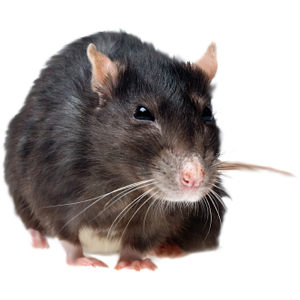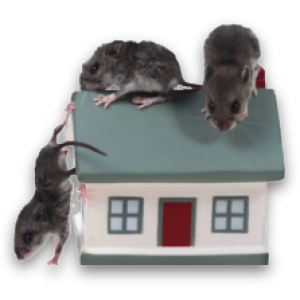Pest control Canterbury
Rats and mice – habitat and life cycles
Rodents can be found everywhere on earth. Among the several different types of rodents, the ones that mostly prefer to live near humans, being the most numerous, are the mice and rats. Pest control Canterbury find these rodents living in colonies which comprise of complex hierarchies, wherein they form deep bonds, often putting their lives at risk to save family and friends. Their best habitats are cavities, holes in walls, in sewer pipes, in stores where foodstuffs are kept, in the fields and landfill sites. As a matter of fact, they love to live anywhere food is available and is convenient for them to put up a nest. Also, they can quickly adjust to any climate and even wipe out original mammals occupying the same niche.
The differences between rats and mice
Pest Control Canterbury explain the difference between these rodents. Although both rats and mice appear similar to the ordinary observer, there is a minor disparity between them. Rats are differentiated from mice by their size. Mice are lighter and smaller. This is not an entirely exact way to determine the class, as some mice can have the features of rats and vice versa. As new species are popping up
the standard classifications can be confusing. The name rat is shared by several different species of rodents, and the most shocking fact is that none of them is related to the other. A few of the common species of rat include black rats, African pouched rats, kangaroo rats and cotton rats, among others.
Pest Control Canterbury
Mice are also rodents with long thin tails. Just like the rats, it has several unrelated species. A few of the common species include dormice, deer mice, smoky mice and house mice among others. Thus, what we refer to as mice and rats are not just two (2) different rodent types, but several different types of rodents. When people say rats, they are usually referring to black rats and often imply Norway rats and black rats. Similarly, mice mostly mean house mice.
Lifecycles of rats and mice
Pest Control Canterbury often get call’s asking if rodents can damage things within the home. Mice and rats are probably the most destructive pests around with regards to causing harm to health and properties. They reproduce rapidly, as it is the case with small prey animals. No matter how well they are cared for, they possess somewhat short life span. They have short gestational periods, and their quick sexual maturity makes effective rodent control decisive. The reproductive cycle and the number of these rodent’s offspring increase with sufficient water, food, and harbourage.
Mice become matured sexually and can mate even at five weeks. Usually, sexual maturity is attained in five to eight weeks. In captivity, mice never worry about predators rather they do worry about hazards such as obesity, which can shorten their lives. Similar to mice, the average life cycle of rats is about two to three years. They become sexually matured in two to three months and can reproduce about seven litters yearly. The gestation period for rats is short also, about three weeks for most of the species.
If you notice any of these rodents in or close to your home, it is recommended you employ the service of a pest management expert, like us here at Pest Control Canterbury.
For more details contact Pest control Canterbury part of DT Facilities.
We also have Pest control Canterbury based specialist for fleas, bedbugs, squirrels & Wasps
Rats Commercial & Domestic

Mice Domestic & Commercial






